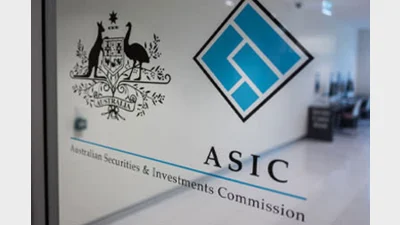Intervention useful but not a panacea
Global consulting firm Watson Wyatt is urging patience in circumstances where it said it sees little prospect for significant near-term recovery of the global economy.
In an assessment of the global policy responses from governments and central banks, Watson Wyatt suggested that they have not achieved enough because the risks to the real economy have increased.
Commenting on the Watson Wyatt findings, the company’s head of investment strategy in Australia, Tim Unger, said that the policy steps to date, despite being welcome interventions, had not been sufficient to facilitate the orderly functioning of money and credit markets, although there were small signs this was changing.
He said Watson Wyatt expected little prospect for significant near-term recovery of the global economy, despite there being reduced inflationary pressures that gave more fiscal and monetary freedom to policymakers.
“It is too early to say what the long-term impact of these interventions will be for institutional investors, but in the short-term they have to be positive to the extent that it has supported the banking sector, a cornerstone of the economy, and provided some stability,” Unger said.
He said it was better to set the banks on a path to recovery than allow them to languish at the mercy of jittery markets.
Recommended for you
ASIC has launched legal action in the Federal Court against SQM Research and Interprac Financial Planning, citing alleged failures related to the Shield and First Guardian fund collapses.
While interest in private markets continues to grow, a panel of industry professionals have argued that data and reporting challenges in this sector are limiting accessibility for financial advisers.
Evidentia Group, a wholly owned subsidiary of Generation Development Group, has entered into a binding agreement to acquire consulting firm Encore Advisory Group.
MST Financial has announced the completion of its acquisition and integration of FIIG Asset Management from AUSIEX, bolstering its leadership team in the process.











